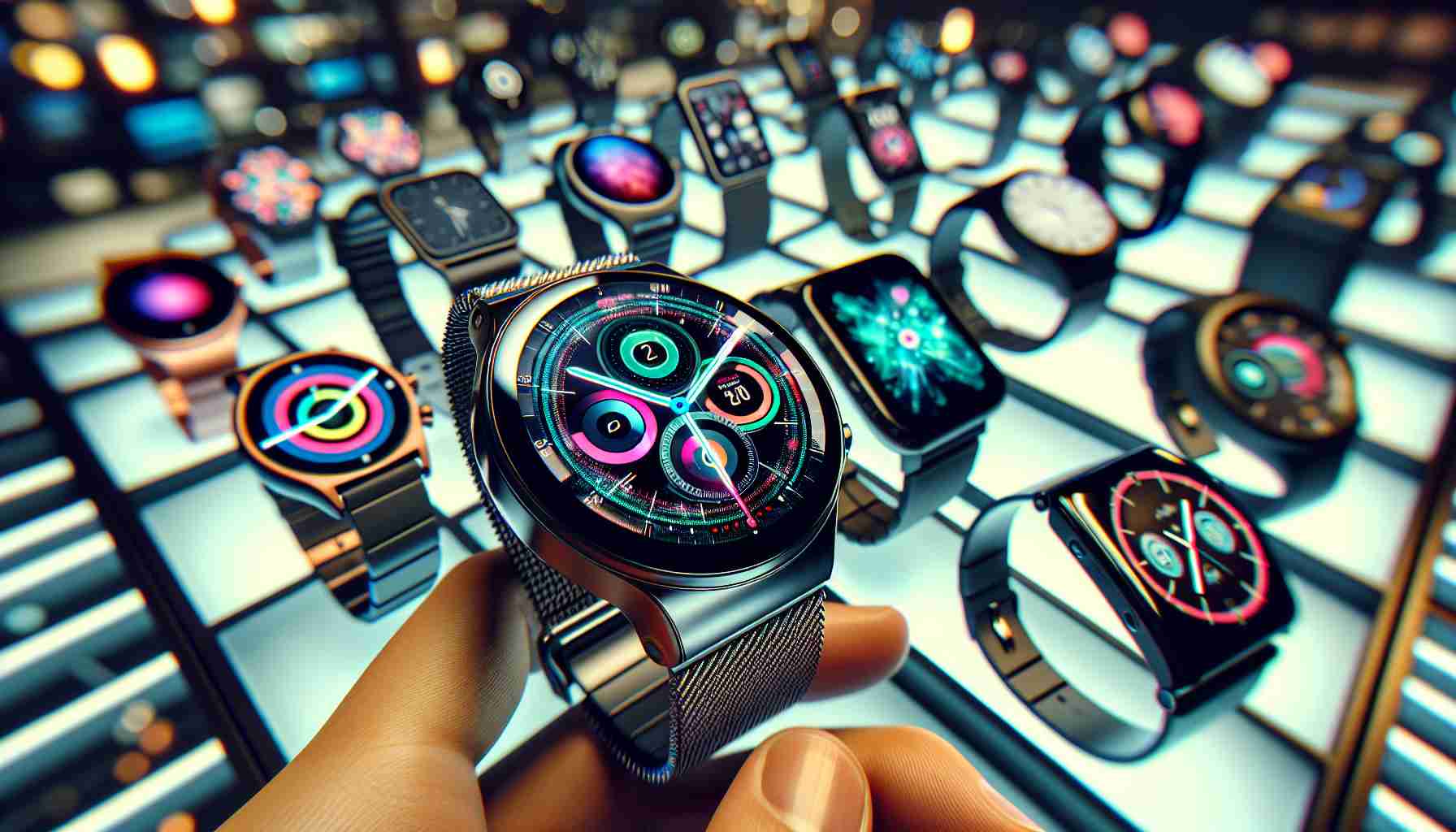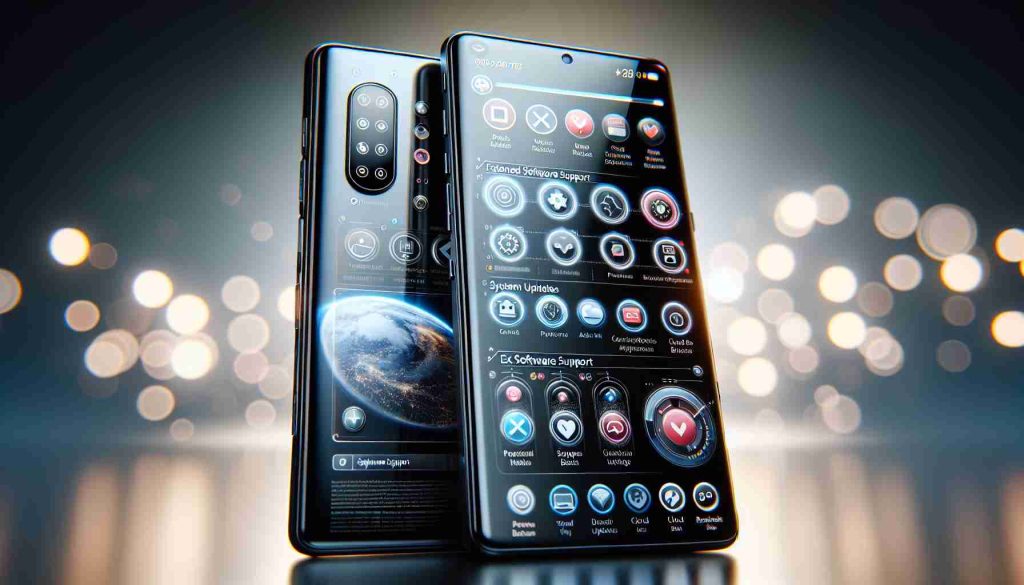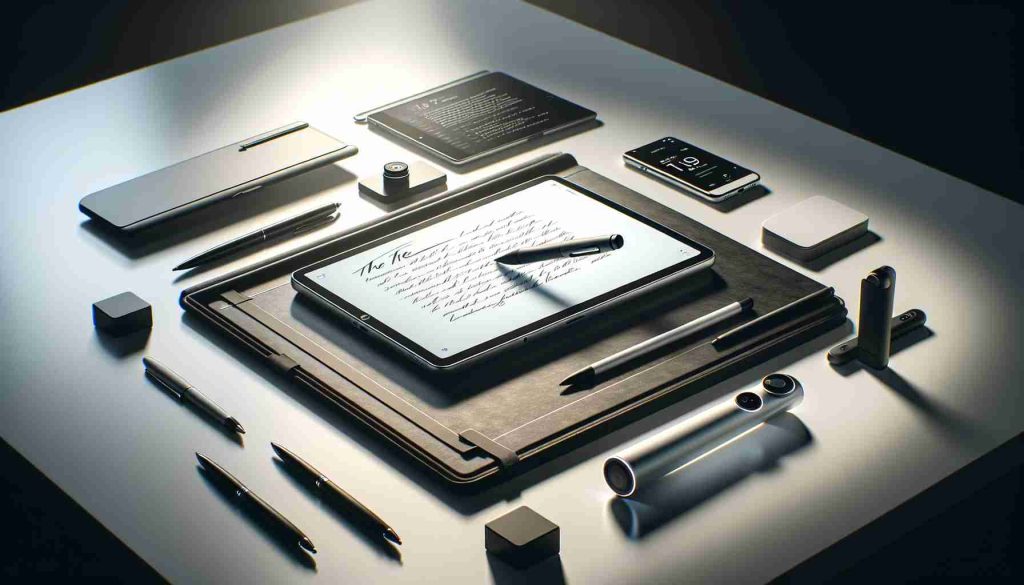Innovation at its Peak
Unveiling a new era in smartwatches, two behemoths in the tech world have clashed yet again on innovation. While their designs may mirror each other’s finesse, the intricate details set them apart in a league of their own.
Into the Depths
While the Apple Watch Ultra 2 boasts dive-ready capabilities, the Samsung Galaxy Watch Ultra takes a step back, restricting its usage to shallow waters. Though both cater to water activities, the extent of exploration varies significantly between the two.
Design Divergence
One glance at these timepieces and the distinction is crystal clear – a round screen versus a rectangular one. The contrasting choices in screen shape speak volumes about the divergent paths these smartwatches embark upon.
Health at Heart
Delving into health monitoring, Samsung takes the lead with unique features like body composition analysis and blood pressure monitoring. Pushing boundaries, Samsung’s innovation challenges traditional health monitoring norms.
Software Showdown
At the core lies the fundamental difference – Wear OS versus WatchOS. The software dictates the user experience, setting the tone for a unique wearable encounter. A clash of ecosystems decides the fate of these cutting-edge devices.
The Verdict Unveiled
As the battle unfolds, the Samsung Galaxy Watch Ultra emerges as a calculated choice for tech enthusiasts. Balancing performance with affordability, it carves a niche in the competitive smartwatch market, ready to entice a whole new audience into its realm.
Next-Gen Smartwatch Rivalries: A Deeper Dive
Unveiling New Frontiers
In the realm of next-generation smartwatches, the competition intensifies as companies strive to outdo each other in innovation and technology. While the latest models from Apple and Samsung have captured the spotlight, other players in the market are also gearing up to make their mark with cutting-edge features and designs.
Exploring Unique Capabilities
One crucial aspect to consider is the battery life of these advanced smartwatches. While some models boast impressive battery longevity, others still struggle to find the right balance between performance and power efficiency. How do these devices stack up against each other when it comes to battery life management?
Challenges in Wearable Technology
A key question that arises is how these next-gen smartwatches address privacy and data security concerns. With the increasing integration of health monitoring features and personal data storage capabilities, ensuring user privacy becomes a significant challenge for manufacturers. How are companies tackling these privacy issues in their devices?
Advantages and Disadvantages Revealed
One advantage of the Apple Watch Ultra 2 is its seamless integration with the Apple ecosystem, offering a cohesive experience for users deeply embedded in the Apple ecosystem. On the other hand, the Samsung Galaxy Watch Ultra shines with its diverse range of health monitoring features, catering to fitness enthusiasts and health-conscious individuals. However, compatibility issues with non-Samsung devices may pose a drawback for some users. How do these advantages and disadvantages influence consumers’ choices in selecting their ideal smartwatch?
Emerging Controversies
Amidst the heated rivalry between Apple and Samsung, controversies regarding proprietary software features and app availability have surfaced. Users often find themselves torn between the convenience of an established ecosystem and the freedom of a more open platform. How do these controversies impact the overall user experience and satisfaction with these next-gen smartwatches?
For further insights into the evolving landscape of smartwatch technology, visit digitaltrends.com.























